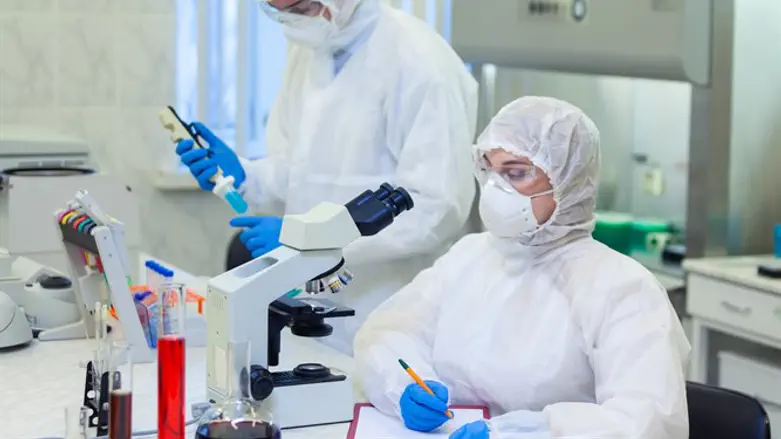
Austria's government on Saturday announced a return to tougher anti-coronavirus restrictions, including shutting schools and non-essential shops, to contain the second wave of the virus.
"From Tuesday and until December 6 a new lockdown like the one from spring will brought in," Chancellor Sebastian Kurz told a news conference, according to AFP.
Kurz's administration imposed a partial lockdown two weeks ago but that has not stopped cases rising and hitting a daily record Friday.
The tightened measures will see social contact reduced to a minimum and people told to stay indoors save for clearly defined reasons such as shopping, work where working from home is not feasible, medical visits and sport.
"My pressing demand for the coming weeks is as follows: Don't meet anyone. Every social contact is one too many," said Kurz, stressing the need for "radical" action.
"There are still many who say that infections don't happen at school, in shops or services. But the truth is the authorities can no longer trace 77 percent of new infections, which means they no longer know where contamination is happening."
Only shops selling essential items will be permitted to remain open, such as food stores, chemists, banks and post offices.
Primary and middle schools will switch to distance learning, senior schools and universities already having done so.
Vienna imposed a partial lockdown including a nighttime curfew from 8:00 p.m. at the start of November, but that has done little to help, as the country has seen 831 confirmed cases per million inhabitants over the past seven days.
Daily cases had been running in contrast at only around 1,000 in early October.
The country's pandemic death toll currently stands at around 1,700.
Austria loosened its original lockdown in May, allowing bars, restaurants and churches to reopen.
Earlier this year, Kurz revealed that it was a phone call from Prime Minister Binyamin Netanyahu that made him act to curb the virus.
“I contacted Bibi Netanyahu and he told me his opinion, that several countries in Europe aren’t doing enough and that he is concerned that Europe isn’t treating the problem as it should,” he told Israel’s Kan 11 News in an interview.
“This, of course, caused us to treat the issue more firmly and quickly make decisions. I thank Bibi Netanyahu for the conversation we held a few weeks ago which led to the fact that we were the first to respond in Europe,” added the Chancellor.
